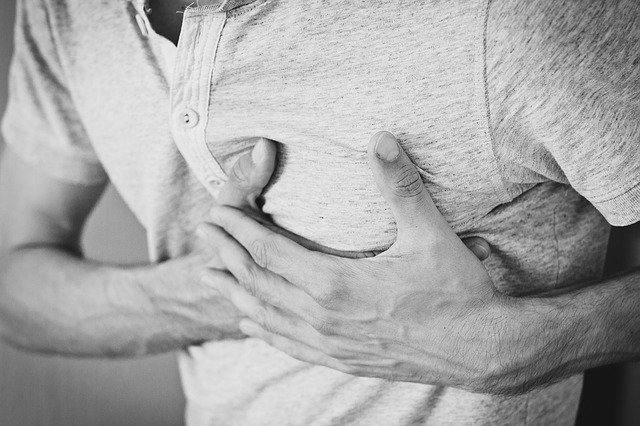Mild Covid-19 infection is very unlikely to cause lasting damage to the structure or function of the heart, according to a study led by UCL (University College London) researchers and funded by the British Heart Foundation (BHF) and Barts Charity.
The researchers say the results, published in JACC Cardiovascular Imaging, should reassure the public, as they relate to the vast majority of people who had Covid-19 infections with mild or no symptoms (Joy, Artico, et al. 2021).
This study of 149 healthcare workers recruited from Barts Health and Royal Free London NHS Trusts is the largest and most detailed study to date into mild Covid-19 infection and its longer-term impact on the heart.
It follows concerns that because severe hospitalized Covid-19 infections are associated with blood clots, inflammation of the heart, and heart damage, mild infections may cause similar complications.
However, up until now, there has been little information specifically looking at this group of people and the effects on the heart further down the line after infection.
Researchers identified participants with mild Covid-19 from the COVIDsortium, a study in three London hospitals where healthcare workers had undergone weekly samples of blood, saliva, and nasal swabs for 16 weeks.
Six months after a mild infection, they looked at the heart structure and function by analyzing heart MRI scans of 74 healthcare workers with prior mild Covid-19 and compared them to the scans of 75 healthy age, sex, and ethnicity matched controls who had not previously been infected.
They found no difference in the size or amount of muscle of the left ventricle – the main chamber of the heart responsible for pumping blood around the body – or its ability to pump blood out of the heart. The amount of inflammation and scarring in the heart, and the elasticity of the aorta – which is important for blood to easily flow out of the heart – remained the same between the two groups.
When the researchers analyzed blood samples, they found no differences in the two markers of heart muscle damage – troponin and NT-proBNP – six months after mild Covid-19 infection.
Now, the team of researchers and cardiologists suggest that there is little benefit from screening the hearts of people who’ve had a mild infection, and research should focus on those who’ve suffered severe Covid-19, high-risk groups, or those with ongoing symptoms.
Dr Thomas Treibel (UCL Institute of Cardiovascular Science and Barts Health NHS Trust), said: “Disentangling the impact Covid-19 has on the heart has been a challenge. But we’re now at the stage of the pandemic where we can really start to get a grip on the longer-term implications Covid-19 has on the health of our heart and blood vessels.
“We’ve been able to capitalize on our incredible frontline staff who’ve been exposed to the virus this past year and we’re pleased to show that the majority of people who’ve had Covid-19 seem to not be at increased risk of developing future heart complications. We now need to focus our attention on the long-term impact the virus has in those who’ve been hit hardest by the disease.”
Dr Sonya Babu-Narayan, Associate Medical Director at the British Heart Foundation and consultant cardiologist, said: “These findings one year on from the start of the pandemic are welcome reassurance to the hundreds of thousands of people who have experienced Covid-19 with mild or no symptoms.

“Throughout the pandemic, BHF researchers have made progress investigating the short and long-term effects of Covid-19 on the heart and circulatory system. There’s still a lot more work to be done, but for now, it seems the good news is that mild Covid-19 illness does not appear to be linked to lasting heart damage.”
There were small abnormalities identified by MRI but these were not found more often in people who had mild Covid-19 than those that have never had it. The changes could have been caused by something other than coronavirus and they may not make any noticeable difference to the health of that person.
















